Regulation
US Supreme Court to Hear Nvidia Crypto Mining Revenue Case
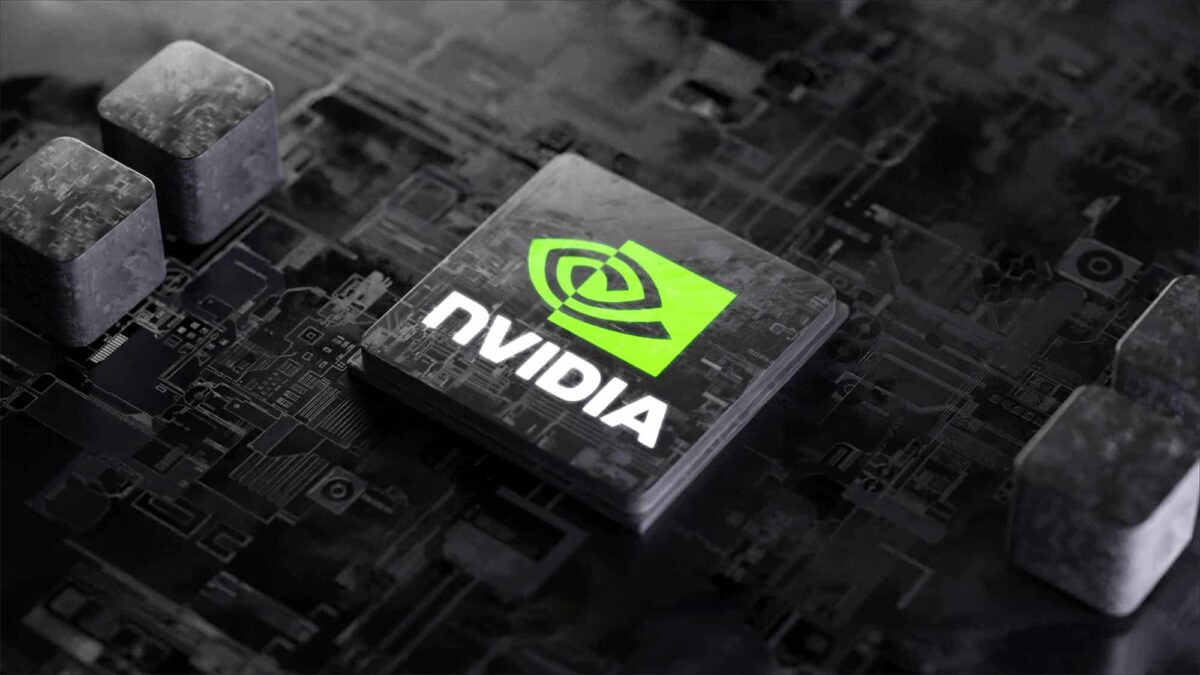
The U.S. Supreme Court has agreed to hear an appeal by Nvidia Corporation seeking to dismiss a securities fraud lawsuit alleging that the company misled investors about the extent of its revenue derived from the cryptocurrency industry.
Nvidia’s Appeal to Supreme Court
Nvidia’s appeal was heard by the justices after the 9th U. S. Circuit Court of Appeals reinstanced a class action lawsuit filed by shareholders against Nvidia and its CEO, Jensen Huang.
The legal proceeding was filed by the Swedish investment management company E. Ohman J Fonder AB and asks for an undisclosed amount of money damages.
Nvidia and its top executives, consequently, are accused of issuing false statements in 2017 and 2018 regarding the significance of cryptocurrency-related sales in the company’s revenue.
Lawsuit History and Allegations
The case was launched back in 2018 with the main allegation of Nvidia violating the Securities Exchange Act of 1934. The plaintiffs alleged that Nvidia did not provide accurate information about the percentage of its revenue that came from cryptomining, a process that involves the use of GPUs to solve mathematical problems in the mining of digital currencies such as Bitcoin.
This alleged omission concealed the fact that cryptomining had a negative and significant effect on Nvidia’s business from investors and analysts.
The lower court had however rejected the case in 2021, but the 9th Circuit in a 2-1 decision decided in the latter half of 2021 that the lawsuit can go forward, because the plaintiffs plausibly alleged that Nvidia made “false or misleading statements knowingly or recklessly. “
Previous Settlements and Ongoing Litigation
Nvidia has posited that the 9th Circuit’s decision can result in “abusive and speculative litigation”, this is why the company has called on the Supreme Court to get involved. In the year 2022, Nvidia was charged by the U.S. authorities, and the company resolved to pay $5. 5 million for not adequately disclosing the effect of cryptomining on its gaming unit. This settlement however did not stop the shareholder lawsuit from continuing to the next level.
In addition, the justices have also consented to hear another such case concerning Meta Platforms Inc. where the shareholders of the social media company have alleged that the company misled the investors about the abuse of users’ data.
Earlier this month, US regulators opened an investigation into Nvidia alongside Microsoft and OpenAI on possible antitrust issues in the AI market. These probes that are in progress are led by the Federal Trade Commission (FTC) and the Department of Justice (DOJ) and are directed towards handling cases of market power and competition.
Read Also: Top US SEC Executive Quits After 9 Years Of Service
The presented content may include the personal opinion of the author and is subject to market condition. Do your market research before investing in cryptocurrencies. The author or the publication does not hold any responsibility for your personal financial loss.
Regulation
USDC Issuer Circle Set To File IPO In April, Here’s All

USDC issuer Circle is reportedly set to file its initial public offering (IPO) in April as part of the firm’s plans to finally go public. The stablecoin issuer is allegedly already working with top financial institutions to achieve this move.
Circle To File IPO In Late April
According to a Fortune report, Circle is looking to file its IPO in late April, although the listing period remains uncertain. The report noted that when a company files to go public, its shares usually begin trading four weeks later, indicating that the listing could occur in May. However, there is also a scenario where the IPO process could drag on for months.
The stablecoin issuer is reportedly working with investment banks JPMorgan Chase and Citi to achieve its long-anticipated IPO. The firm had previously tried to go public in 2021 under a SPAC arrangement with a shell company.
The US SEC failed to sign off on this arrangement back then, and the company eventually scrapped these IPO plans by the end of 2022 when the crypto exchange FTX collapsed and the broader crypto market experienced a downturn.
Revelation about Circle’s IPO plans comes just days after the stablecoin issuer partnered with NYSE’s parent company to explore USDC’s use in traditional finance (TradFi). Meanwhile, the USDC stablecoin recently launched in Japan following approval from the country’s regulator. Notably, USDC is the first and only global dollar stablecoin approved under Japan’s stablecoin framework.
An Easier Path Now For The Stablecoin Issuer
Circle will likely face less resistance for its IPO plans under the current SEC administration. Under acting Chair Mark Uyeda, the Commission has shown its willingness to work hand in hand with crypto firms, which was missing under Gary Gensler’s administration.
US SEC Chair nominee Paul Atkins has also shown his willingness to change the approach that Gensler’s administration adopted towards crypto firms. During his nomination hearing, the SEC Chair nominee promised to prioritize providing regulatory clarity for the industry.
Circle’s IPO listing would be the biggest since the top crypto exchange Coinbase went public in 2021. Interestingly, Coinbase owns an equity stake in the crypto firm.
The firm’s USDC is currently the second-largest stablecoin by market cap, only behind Tether’s USDT. The stablecoin industry is heating up as more financial institutions look to develop their own stablecoin.
Donald Trump’s World Liberty Financial recently revealed plans to launch its USD1 stablecoin, while asset manager Fidelity is also considering doing so.
Disclaimer: The presented content may include the personal opinion of the author and is subject to market condition. Do your market research before investing in cryptocurrencies. The author or the publication does not hold any responsibility for your personal financial loss.
Regulation
Japan Set To Classify Cryptocurrencies As Financial Products, Here’s All

Cryptocurrency investors in Japan are bracing for impact following a plan to reclassify digital assets as financial products. While the plan has elicited excitement from cryptocurrency enthusiasts in the Far East, the ambitious plan will have to scale several legislative hurdles.
Japan Targets Reclassification Of Cryptocurrencies As Financial Products
According to a report by Nikkei, Japan’s Financial Services Agency (FSA) is inching toward classifying cryptocurrencies as financial products. Per the report, the FSA intends to achieve the reclassification via an amendment to the Financial Instruments and Exchange Act.
Currently, digital assets in Japan are considered crypto assets conferred with property rights and seen as payment means. Under the FSA’s plans, cryptocurrencies in Japan will be treated as financial products in the same manner as traditional financial products.
The FSA says it will adopt a slow and steady approach toward the reclassification, carrying out “a private expert study group” to test the waters. If everything goes according to plan, the FSA will submit the amended bill to Parliament in early 2026.
The classification of cryptocurrencies as financial products will have far-reaching consequences for the local ecosystem. Experts say treating cryptocurrencies as financial products will bring Japan closer to a crypto ETF launch amid a changing regulatory landscape.
Furthermore, the move may lower current cryptocurrency taxation for local investors since existing capital market rules will apply to the asset class.
A Fresh Bill For Crypto Insider Trading Is Underway
Apart from the reclassification, the FSA disclosed plans for new legislation against insider trading. The move flows treating cryptocurrencies as financial products and will strengthen existing investor protection rules.
“It is a direction to establish a new insider trading regulation that prohibits trading based on unpublished internal information,” said the FSA. “We will develop laws to prevent unfair transactions.”
However, Japan’s cryptocurrency scene is heating up to a boil, driven by local and international players. Last week, stablecoin issuer Circle secured approval from the FSA for USDC with top exchanges set to list the stablecoin.
Japan’s Metaplanet has tapped Eric Trump to join its Strategic Board of Advisors as it continues to load up Bitcoin.
Disclaimer: The presented content may include the personal opinion of the author and is subject to market condition. Do your market research before investing in cryptocurrencies. The author or the publication does not hold any responsibility for your personal financial loss.
Regulation
Kentucky Governor Signs Off On ‘Bitcoin Rights’ Bill, Strengthening Crypto Protections


In what is being dubbed a major development in the crypto regulation space, the Governor of the US state of Kentucky, Andy Beshear, has signed the ‘Bitcoin Rights’ bill into law. The law promises to safeguard protections for Bitcoin (BTC) users.
Bitcoin Rights Bill Comes Into Effect
Crypto regulations continue to evolve under pro-crypto US President Donald Trump’s administration. In the latest development, Kentucky has become the newest state to enshrine protections for digital asset users.
In an X post published on March 24, crypto advocacy group Satoshi Action Fund announced that Governor Beshear had signed the much-anticipated Bitcoin Rights bill into law. The post stated:
The right to self-custody, run a node, and use of digital assets is now protected for millions of Americans without fear of discrimination.
The bill was first introduced to the Kentucky House by Rep. Adam Bowling on February 19. According to the bill’s description, it seeks to safeguard users’ rights to use digital assets and self-custody wallets. Additionally, it aims to prohibit local zoning changes that discriminate against crypto mining operations.
The legislation outlines guidelines for running a digital asset node and excludes digital asset mining from money transmitter license requirements. It also clarifies that crypto mining or staking is not considered an offer or sale of securities.
On February 28, the bill passed Kentucky’s House of Representatives with a unanimous vote of all 91 representatives in favor. It later passed the Kentucky Senate on March 13, receiving backing from all 37 senators.
Kentucky’s proactive stance toward cryptocurrencies isn’t new. Earlier this year, the state became the 16th US state to introduce legislation seeking to create a Bitcoin strategic reserve.
Meanwhile, neighboring state Arizona is also joining the crypto movement. A recent X post by Bitcoin Laws revealed that Arizona’s House Rules Committee has passed two Bitcoin reserve bills — SB1373 and SB1025. These bills will now head to a full floor vote.
Renewed Optimism Under Trump Administration
Following Trump’s victory in the November presidential election, cryptocurrency regulations in the US are evolving rapidly, with many states introducing legislation aimed at strengthening their digital asset ecosystems and attracting crypto businesses.
Positive changes in crypto regulations are encouraging industry businesses to expand. For instance, leading crypto trading platform Coinbase recently announced plans to hire 1,000 employees in the US.
The Trump administration has also witnessed several lawsuits being dropped against major crypto entities, including Kraken, Coinbase, Gemini, and others. At press time, Bitcoin trades at $87,399, down 0.2% in the past 24 hours.

Featured Image from Unsplash.com, chart from TradingView.com

Editorial Process for bitcoinist is centered on delivering thoroughly researched, accurate, and unbiased content. We uphold strict sourcing standards, and each page undergoes diligent review by our team of top technology experts and seasoned editors. This process ensures the integrity, relevance, and value of our content for our readers.
-

 Bitcoin22 hours ago
Bitcoin22 hours ago$500 Trillion Bitcoin? Saylor’s Bold Prediction Shakes the Market!
-
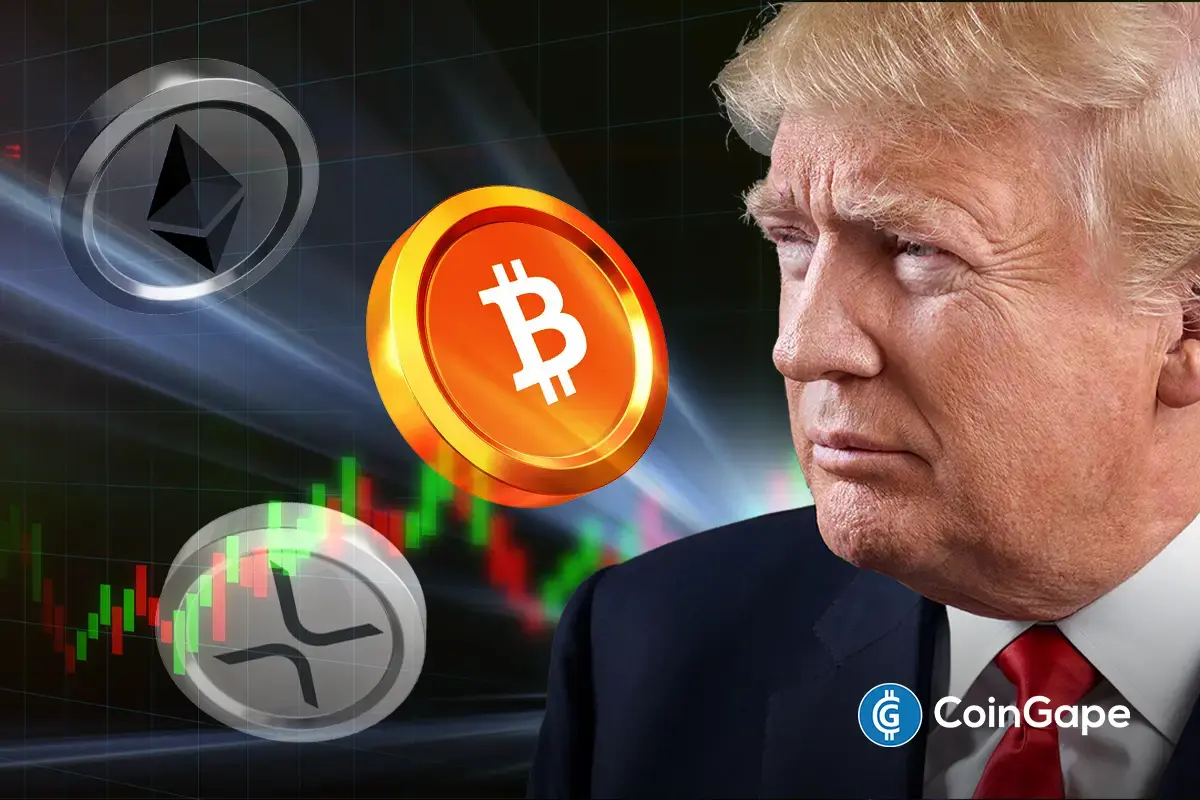
 Altcoin20 hours ago
Altcoin20 hours agoWill XRP, SOL, ADA Make the List?
-
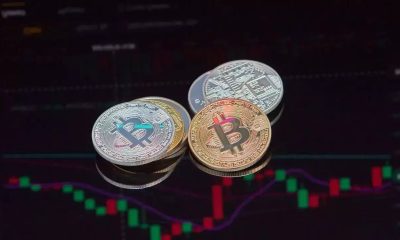
 Bitcoin23 hours ago
Bitcoin23 hours agoBig Bitcoin Buy Coming? Saylor Drops a Hint as Strategy Shifts
-

 Market22 hours ago
Market22 hours agoCoinbase Stock Plunges 30% in Worst Quarter Since FTX Collapse
-

 Market15 hours ago
Market15 hours agoEthereum Struggles to Break Out as Bear Trend Fades
-

 Market21 hours ago
Market21 hours agoEthereum Reclaims Top DeFi Spot As Solana DEX Volume Drops
-
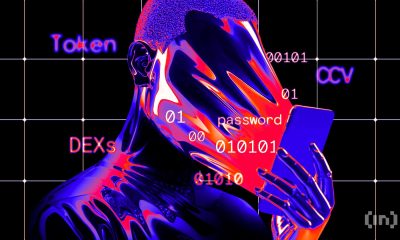
 Market14 hours ago
Market14 hours agoHow Did UPCX Lose $70 Million in a UPC Hack?
-
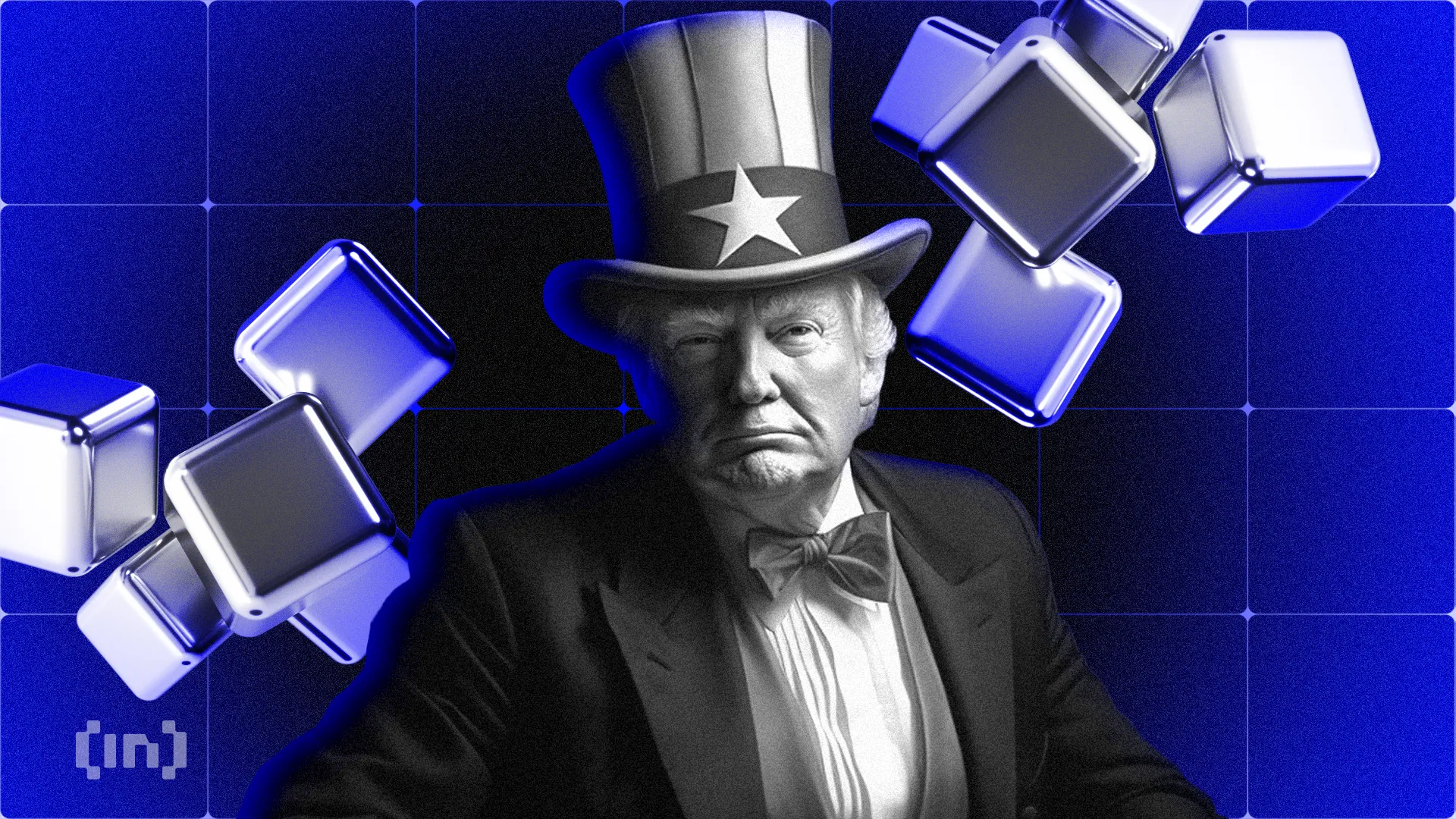
 Market20 hours ago
Market20 hours agoTrump’s USD1 Stablecoin Eyes Trust Recovery in Crypto




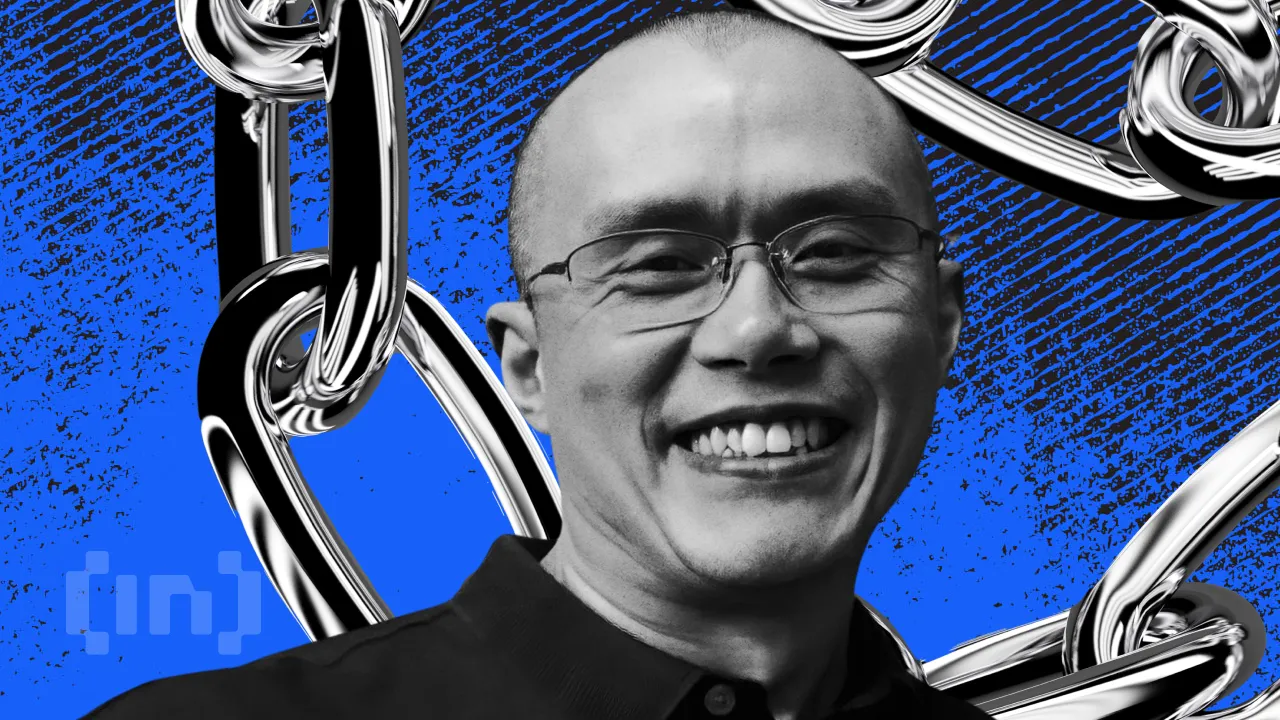
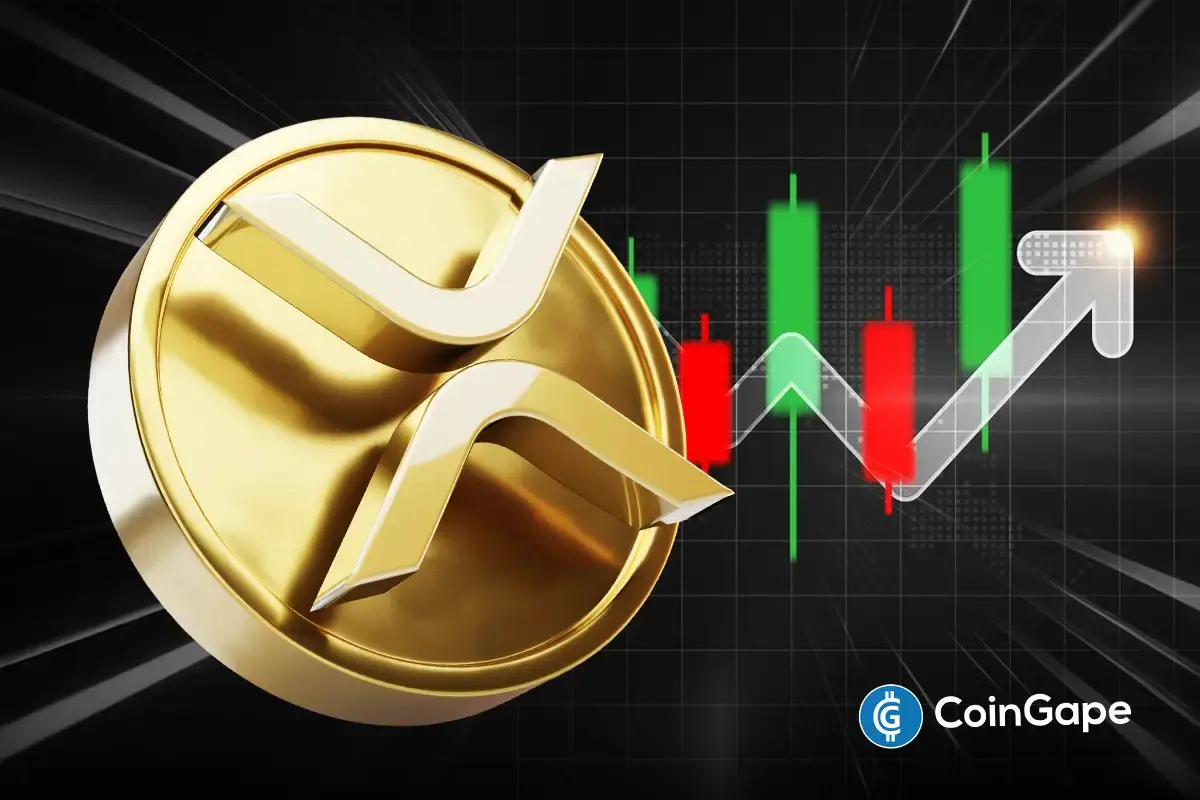








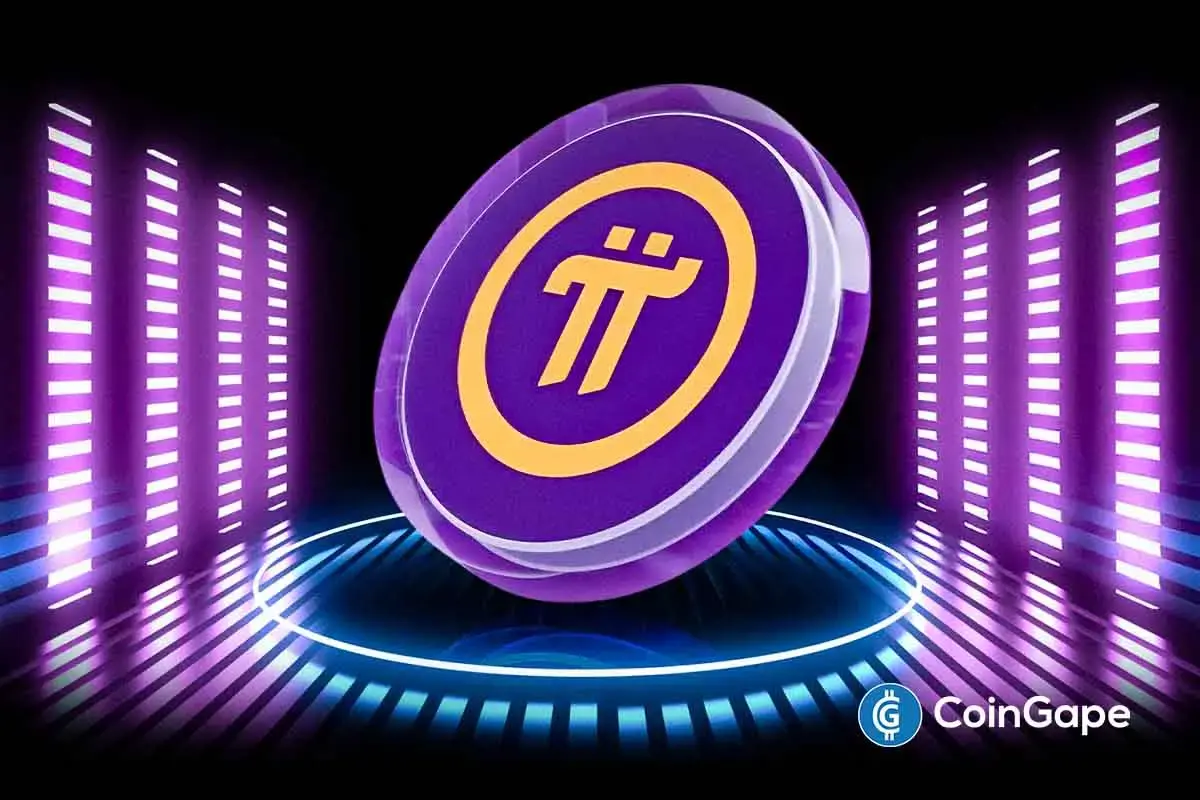







✓ Share: